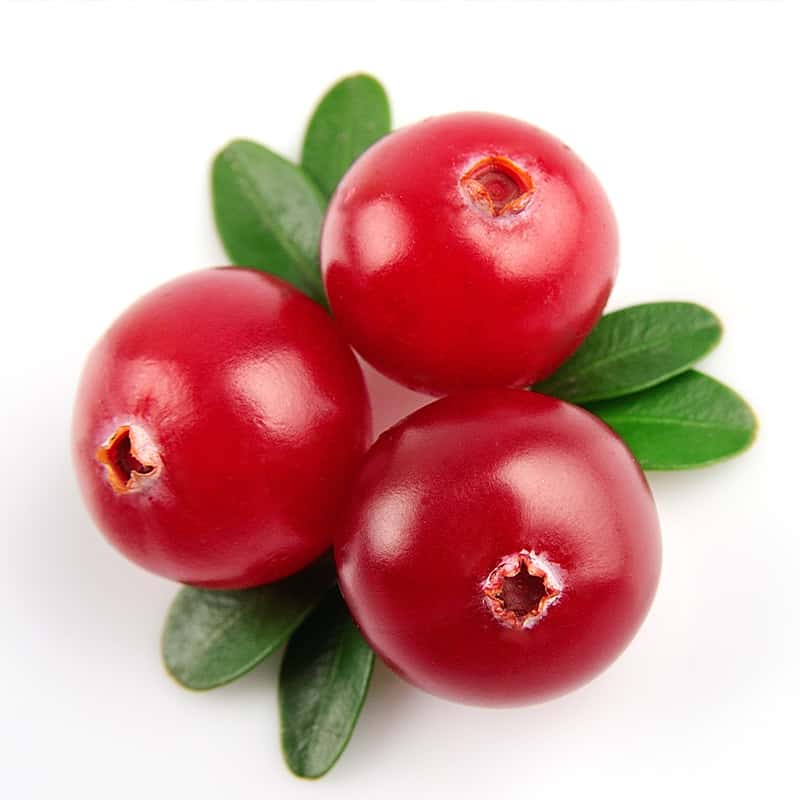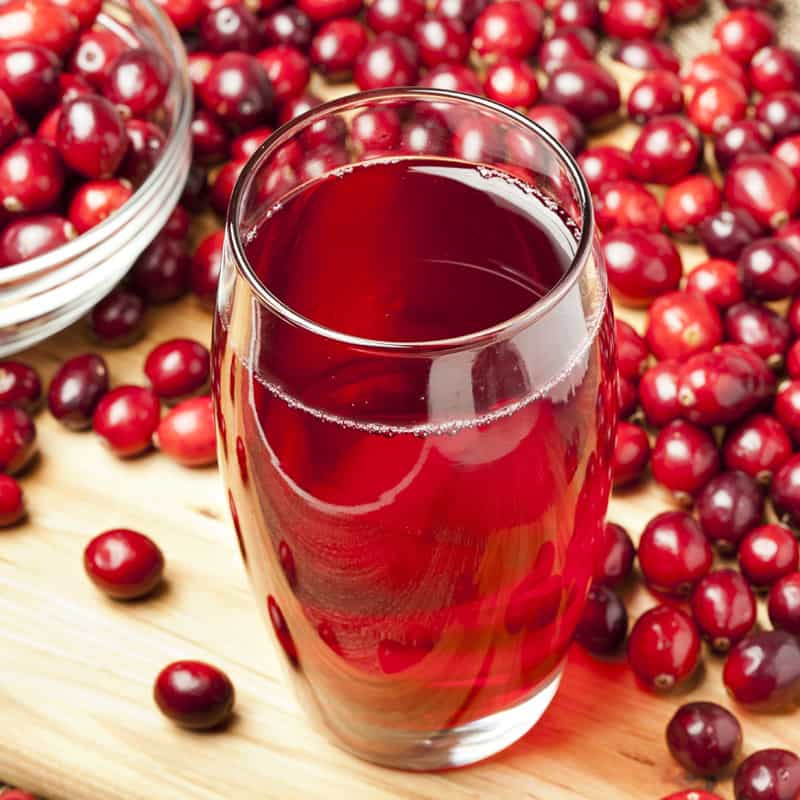In the realm of health-conscious beverages, cranberry juice reigns supreme with its reputation for warding off urinary tract infections and its rich antioxidant content. Admired for its tart flavor and deep red hue, cranberry juice is often lauded as a health elixir with various benefits. But amidst the praise, there’s a lingering question for the enamel-curious among us: is cranberry juice a friend or foe to our teeth?
We’re about to explore the intersection of cranberry juice, oral health, and the implications for your pearly whites in this informative deep-dive.
The Science Behind Cranberry Juice
Cranberries are a unique fruit, packed with a plethora of nutrients such as vitamin C, dietary fiber, and an arsenal of plant compounds known as phytonutrients or polyphenols. The most well-known feature of cranberries is their ability to fend off urinary tract infections, due in part to their active compounds that prevent harmful bacteria from adhering to the bladder wall.
The presence of proanthocyanidins (PACs) in cranberry juice is highly regarded for its anti-adhesive properties against various bacteria, drawing many to incorporate it into their daily health regimens.

Cranberry Juice and Dental Health
One of the most exciting features of cranberry juice in the context of dental health is its aforementioned PACs. These compounds not only inhibit the adhesion of certain bacteria associated with oral diseases but also possess anti-inflammatory properties that could support gum health. The notion of a drink being able to ‘cleanse’ the mouth of potentially harmful microbes before they have a chance to cause harm is undoubtedly attractive.
However, we can’t ignore the elephant in the room—the natural acidity of cranberry juice. Acids in various fruits and beverages play a significant role in both flavor and the potential erosion of tooth enamel. This is where the narrative around cranberry juice starts to get a bit sour, pun intended.
The Debate on Acidity
All fruits contain acids, and they’re not intrinsically bad. In fact, some acids can be beneficial for digestion and even for your teeth, like citric acid which can enhance saliva production. But, when we talk about the acidity in fruit juices, we’re often discussing their potential to erode the protective layer of tooth enamel.
The pH scale tells us where a liquid falls in the acidity spectrum; the lower the pH, the more acidic it is. Cranberry juice typically registers as more acidic, which might lead to concerns over long-term consumption and its impact on dental health.
Concerns about the potential erosion of tooth enamel are well-founded, and dental professionals caution that any acidic beverage, when consumed in excess or without proper oral care, can pose risks to the teeth over time. This isn’t just about cranberry juice; it’s about the acidity in any drink that makes frequent contact with your teeth.
Research and Studies
Scientific inquiry is critical in unraveling the full story of cranberry juice and its multifaceted relationship with dental health. Recent studies have produced a mixed bag of results, with some pointing to the benefits of cranberry’s anti-adhesive properties for preventing oral diseases and others raising the red flag on its acidic nature.
For instance, a study in the “Journal of Dentistry” found that acidic drinks can lead to the softening and potential loss of enamel. Another study in “Nutrients” dissected the potential benefits of PACs in cranberry against oral pathogens, highlighting the need for further research on the broader oral microbiome.
Recommendations for Consumption
The verdict on cranberry juice and dental health comes with a qualifier: moderation and timing. The risks associated with acidic beverages can be mitigated by consuming them as part of a meal rather than sipping them throughout the day. This method, along with immediate rinsing with water or brushing an hour after consumption, helps to minimize the potential for acid attack on the teeth.
For those who can’t shake off the allure of cranberry juice but are wary of potential dental risks, considering low-acid or pH-balanced options can offer a compromise. Alternatively, cranberry supplements, which bypass the oral cavity entirely, may present a less precarious proposition for the enamel enthusiast.
Conclusion
The dichotomy between cranberry juice’s salutary and potentially detrimental effects on dental health is not unique. Instead, it serves as a microcosm of the nuanced relationship between diet, oral health, and broader well-being.
Cranberry juice possesses qualities that could benefit dental health, but its acidity should not be overlooked. The key to incorporating it into a health-conscious routine is informed consumption. Be aware of potential risks, and take proactive measures to enjoy cranberry juice in a tooth-friendly manner.
At the end of the day, maintaining good oral hygiene practices — such as regular brushing, flossing, and dental check-ups — sets the foundation for oral health, regardless of what’s in your glass. Because when it comes to cranberry juice and dental health, the integrity of your enamel deserves just as much attention as you give to your overall health.
FAQ
1. Can drinking cranberry juice really help prevent cavities?
Yes, cranberry juice can help prevent cavities to some extent due to its proanthocyanidins (PACs) which inhibit the growth and adhesion of bacteria on teeth. These bacteria are responsible for tooth decay and cavities when they metabolize sugars and create acids that erode the tooth enamel.
2. Is it safe to drink cranberry juice every day, considering its acidity?
While cranberry juice has health benefits, its natural acidity can pose risks to dental enamel if consumed excessively without proper dental hygiene. It’s safe to drink in moderation, preferably with meals, and it’s advisable to rinse your mouth with water or wait an hour before brushing your teeth to minimize acid wear.
3. How does cranberry juice compare with other fruit juices in terms of acidity and dental health impact?
Cranberry juice is more acidic than some other fruit juices, such as apple juice or orange juice, which also contain acidic compounds but may have a higher pH level. However, like these juices, frequent exposure to cranberry juice can contribute to enamel erosion if not consumed responsibly.
4. Are there any particular dental hygiene tips to follow if I enjoy cranberry juice regularly?
If you regularly enjoy cranberry juice, it’s recommended to drink it in one sitting rather than sipping throughout the day, use a straw to minimize contact with teeth, and rinse your mouth with water afterwards. Brushing your teeth an hour after consumption can also help reduce acid impact on enamel.
5. What are some alternatives to drinking cranberry juice that still offer similar health benefits without risking dental health?
For those concerned about the acidic nature of cranberry juice, cranberry supplements can be a viable alternative. Additionally, consuming fresh cranberries or adding them to meals can provide similar health benefits without the concentrated acid exposure that juice can bring to your teeth.

